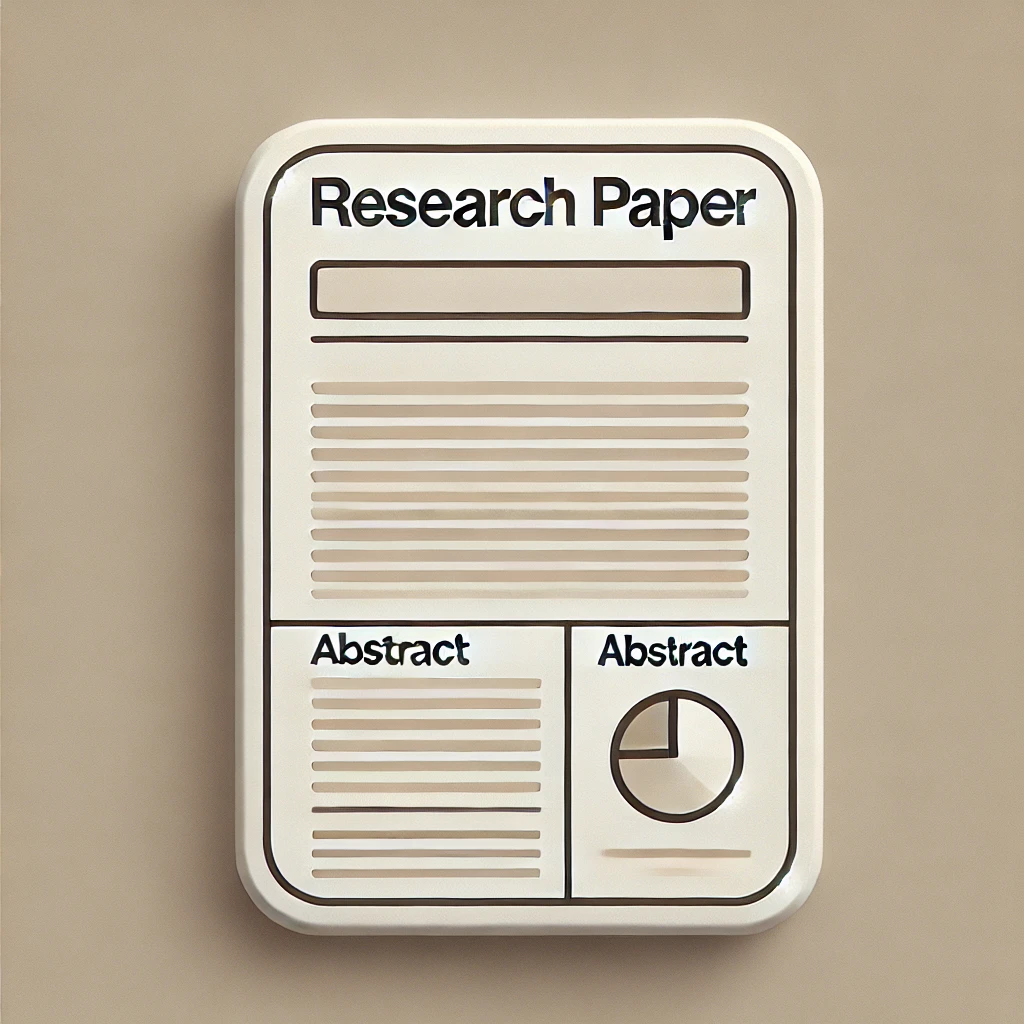Abstract
Definition
Abstract can function as a noun, adjective, or verb. As a noun, it refers to a summary of a larger work or concept. As an adjective, it describes ideas that are conceptual or theoretical, without a concrete or physical existence. As a verb, it means to extract or remove something.
Parts of Speech
- Noun
- Adjective
- Verb
Pronunciation
American and British English
- IPA Pronunciation (Noun/Adjective): /ˈæbstrækt/
- Respelling: AB-strakt
- IPA Pronunciation (Verb): /æbˈstrækt/
- Respelling: ab-STRAKT
Etymology
The word "abstract" comes from the Latin "abstractus," meaning "drawn away." It is derived from the verb "abstrahere," a combination of "ab-" (away from) and "trahere" (to draw). The term entered Middle English in the 14th century and has since developed various meanings associated with removal, summary, and theoretical concepts.
Derivatives
- Abstraction (noun)
- Abstractly (adverb)
- Abstractness (noun)
- Abstractionism (noun)
- Abstractor (noun)
Synonyms
- Theoretical
- Conceptual
- Summary
Antonyms
- Concrete
- Practical
- Tangible
Usage
The word "abstract" is used across different contexts. As a noun, it often refers to a brief summary, such as "The researcher provided an abstract of the study." As an adjective, it describes ideas that are theoretical or non-concrete, for example, "She struggled with abstract concepts in philosophy." As a verb, it is used to denote extraction or removal, as in "The artist abstracted elements from reality to create a unique style."
Related Terms
- Conceptual: Relating to or based on mental concepts.
- Summarize: To provide a brief statement of the main points.
- Extract: To remove or take out.
Detailed Definitions
Noun
- A summary or brief overview of a larger work: Used to present the essential points of an article, research paper, or document.
- Example: "The abstract at the beginning of the paper provided a clear overview of the research."
Adjective
- Relating to concepts that are theoretical or non-concrete: Describes ideas or qualities that do not have a physical form.
- Example: "Her artwork focused on abstract forms rather than realistic depictions."
Verb
- To remove or extract something: Refers to the act of drawing out or isolating something.
- Example: "The philosopher sought to abstract the concept of beauty from its physical representations."
abstract



🇨🇳 Mandarin
- 摘要 (summary of an article)
- IPA: /ʈʂaɪ̯˥˩ jɛŋ˧˥/
- Respelling: zhāi yào
- 抽象 (theoretical)
- IPA: /ʈʂʰoʊ̯˧˥ ɕiɑŋ˨˩˦/
- Respelling: chōu xiàng
🇮🇳 Hindi
- सारांश (summary of an article)
- IPA: /saːˈraːɳʃ/
- Respelling: sārāṅś
- अमूर्त (theoretical)
- IPA: /əˈmuːrt̪/
- Respelling: amūrt
🇪🇸 Spanish
- Resumen (summary of an article)
- IPA: /reˈsumen/
- Respelling: resumen
- Abstracto (theoretical)
- IPA: /absˈtrakt̪o/
- Respelling: abstracto
🇫🇷 French
- Résumé (summary of an article)
- IPA: /ʁe.zyˈme/
- Respelling: résumé
- Abstrait (theoretical)
- IPA: /absˈtʁɛ/
- Respelling: abstrait
🇦🇪 Modern Standard Arabic
- ملخص (summary of an article)
- IPA: /mulˈxaʂʂ/
- Respelling: mulkhaṣṣ
- مجرد (theoretical)
- IPA: /maʤˈrid/
- Respelling: majrid
🇧🇩 Bengali
- সারাংশ (summary of an article)
- IPA: /ʃarãʃ/
- Respelling: śāraṅś
- অমূর্ত (theoretical)
- IPA: /ɔmurto/
- Respelling: ômūrt
🇷🇺 Russian
- Резюме (summary of an article)
- IPA: /rʲɪˈzjʉmʲe/
- Respelling: rezyumé
- Абстрактный (theoretical)
- IPA: /ɐpˈstraktːnɨj/
- Respelling: abstraktnyy
🇵🇹 Portuguese
- Resumo (summary of an article)
- IPA: /ʁɨˈzumu/
- Respelling: resumo
- Abstrato (theoretical)
- IPA: /abˈstratu/
- Respelling: abstrato
🇮🇩 Indonesian
- Ringkasan (summary of an article)
- IPA: /riŋˈkasan/
- Respelling: ringkasan
- Abstrak (theoretical)
- IPA: /absˈtrak/
- Respelling: abstrak
🇩🇪 German
- Zusammenfassung (summary of an article)
- IPA: /ˈtsʊ.zəmˌfasʊŋ/
- Respelling: Zusammenfassung
- Abstrakt (theoretical)
- IPA: /apˈʃtʁakt/
- Respelling: abstrakt
🇯🇵 Japanese
- 要旨 (summary of an article)
- IPA: /joːʃi/
- Respelling: yōshi
- 抽象 (theoretical)
- IPA: /t͡ɕʰuːˈsaː/
- Respelling: chūshō
🇻🇳 Vietnamese
- Tóm tắt (summary of an article)
- IPA: /təm˧˥ tat˧˥/
- Respelling: tóm tắt
- Trừu tượng (theoretical)
- IPA: /tʂɨw˧˥ tʂuəŋ˨˩˦/
- Respelling: trừu tượng
🇰🇷 Korean
- 요약 (summary of an article)
- IPA: /jo.ɾjak̚/
- Respelling: yoryak
- 추상 (theoretical)
- IPA: /tɕhu.saŋ/
- Respelling: chusang
🇹🇷 Turkish
- Özet (summary of an article)
- IPA: /øzet/
- Respelling: özet
- Soyut (theoretical)
- IPA: /sojut/
- Respelling: soyut
🇵🇰 Urdu
- خلاصہ (summary of an article)
- IPA: /xʊˈlɑːsə/
- Respelling: khulāsa
- مفہومی (theoretical)
- IPA: /məfhuːmiː/
- Respelling: mafhūmī





